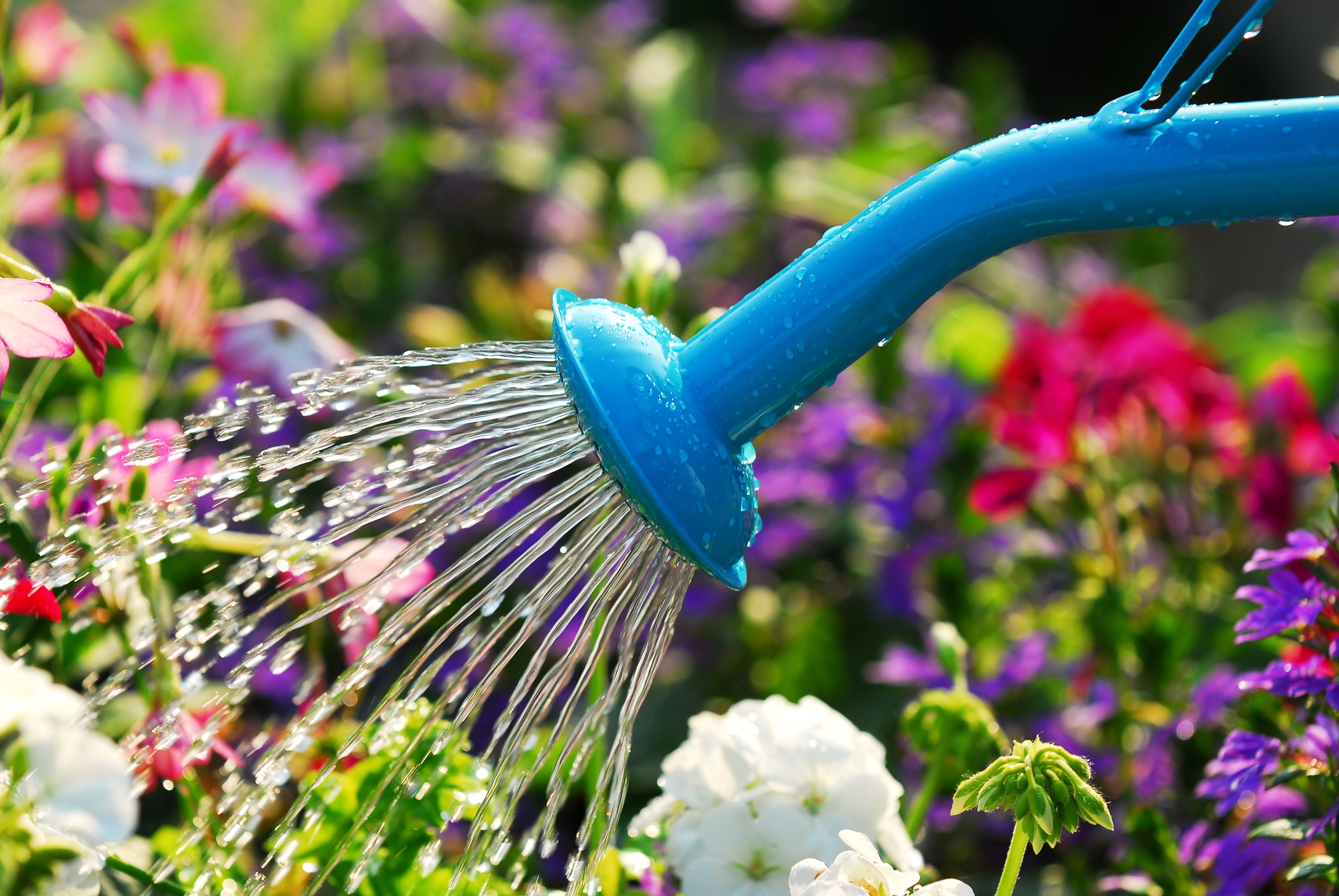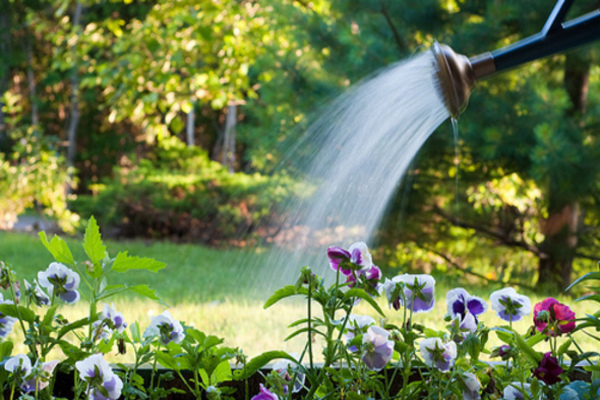Understanding Your Garden’s Watering Needs
When it comes to gardening, one of the most critical decisions you’ll make is how often to water your plants. The question “should I water my garden every day” is a common one, and the answer depends on several factors. Proper watering is essential for healthy plant growth, but under- or over-watering can have devastating consequences. Over-watering can lead to root rot, nutrient deficiencies, and increased susceptibility to disease, while under-watering can cause water stress, reduced growth, and decreased yields. To determine the ideal watering schedule for your garden, it’s essential to consider the unique needs of your plants, including soil type, climate, and plant species.
How to Determine the Ideal Watering Schedule
Determining the ideal watering schedule for your garden involves a combination of observation, research, and experimentation. One of the most critical factors to consider is soil moisture. Checking the soil moisture regularly can help you determine whether your plants are receiving the right amount of water. You can do this by inserting your finger into the soil up to the knuckle, or by using a soil probe or tensiometer. If the soil feels dry, it’s time to water. If it’s already moist, you can wait another day before watering again. Another important consideration is the weather forecast. If it’s going to be hot and sunny, your plants may need more water. If it’s going to be cool and rainy, they may not need as much. Evapotranspiration rates, which measure the rate at which plants release water vapor into the air, can also provide valuable insights into your plants’ watering needs. By taking these factors into account, you can develop a watering schedule that meets the unique needs of your garden, and helps you avoid the question of “should I water my garden every day.”
The Pros and Cons of Daily Watering
Daily watering can be an attractive option for gardeners who want to ensure their plants receive a consistent supply of moisture. One of the main advantages of daily watering is that it helps maintain consistent moisture levels in the soil, reducing the risk of water stress and promoting healthy plant growth. Additionally, daily watering can be beneficial for plants that are sensitive to drought or are experiencing rapid growth. However, daily watering also has its drawbacks. For example, it can lead to increased water consumption, which can be costly and wasteful. Furthermore, daily watering can also increase the risk of over-watering, which can be detrimental to plant health. It’s essential to weigh these pros and cons carefully and consider whether daily watering is the best approach for your garden. If you’re wondering “should I water my garden every day,” the answer is not a simple yes or no. Instead, it’s crucial to consider the unique needs of your plants and the specific conditions of your garden.
Alternative Watering Schedules: Finding the Right Balance
While daily watering can be beneficial, it’s not the only option for gardeners. In fact, alternative watering schedules can be just as effective, if not more so, in promoting healthy plant growth and minimizing water waste. One popular alternative is watering every other day. This schedule allows plants to receive a consistent supply of moisture while also giving the soil a chance to dry out slightly between waterings. This can help prevent over-watering and reduce the risk of waterlogged soil. Another option is watering every two to three days. This schedule is particularly well-suited for plants that are more drought-tolerant or for gardens with well-draining soil. By watering less frequently, gardeners can reduce their water consumption and promote healthier soil. Ultimately, the key is to find a balance that works for your garden. If you’re wondering “should I water my garden every day,” the answer may be no. Instead, consider exploring alternative watering schedules that can help you achieve optimal hydration levels while minimizing waste.
The Role of Mulch and Compost in Water Retention
Mulch and compost are two often-overlooked tools in the quest for optimal garden hydration. By incorporating these organic amendments into your garden, you can significantly improve soil structure, reduce evaporation, and retain soil moisture. Mulch, in particular, acts as a barrier between the soil and the atmosphere, preventing water from evaporating too quickly. This means that plants can access the water they need, when they need it, reducing the risk of water stress. Compost, on the other hand, helps to improve soil structure, allowing it to hold more water and release it slowly over time. This slow release of water reduces the need for frequent watering, making it an ideal solution for gardeners who want to minimize their water consumption. By combining mulch and compost, gardeners can create a water-efficient garden that requires less maintenance and care. So, if you’re wondering “should I water my garden every day,” the answer may be no, especially if you’re using mulch and compost to retain soil moisture.
Monitoring Soil Moisture: Tools and Techniques
Accurate soil moisture monitoring is crucial in determining the optimal watering schedule for your garden. Fortunately, there are several tools and techniques available to help you achieve this. One popular method is the “finger test,” which involves inserting your finger into the soil up to the knuckle and feeling for moisture. If the soil feels dry, it’s time to water. Another option is to use a soil probe, a long, thin instrument that can be inserted into the soil to measure moisture levels. Tensiometers are also effective, measuring the tension of the water in the soil and providing a more accurate reading of soil moisture. By regularly monitoring soil moisture, you can avoid the question of “should I water my garden every day” and instead, focus on providing your plants with the right amount of water, at the right time. Additionally, monitoring soil moisture can help you identify potential issues, such as waterlogged soil or drought stress, and take corrective action to prevent them. By combining these tools and techniques, you can create a more efficient and effective watering schedule that promotes healthy plant growth and minimizes water waste.
Adjusting Your Watering Schedule for Seasonal Changes
As the seasons change, so do the watering needs of your garden. It’s essential to adjust your watering schedule accordingly to ensure your plants receive the right amount of water, at the right time. During hot summer months, plants require more water to compensate for increased evapotranspiration rates. Conversely, during cooler winter months, plants require less water, as the soil retains moisture for longer periods. Failing to adjust your watering schedule can lead to water waste, over-watering, or under-watering, which can be detrimental to plant health. By understanding the seasonal changes and their impact on your garden’s watering needs, you can avoid the question of “should I water my garden every day” and instead, focus on providing your plants with the right amount of water, tailored to their specific needs. For example, in areas with high summer temperatures, it may be necessary to water every day, while in cooler climates, watering every other day may be sufficient. By being mindful of seasonal changes and adjusting your watering schedule accordingly, you can promote healthy plant growth, reduce water waste, and create a more sustainable gardening practice.
Conclusion: Finding the Perfect Watering Balance for Your Garden
In conclusion, mastering garden hydration is a delicate balance that requires careful consideration of various factors, including soil type, climate, plant species, and seasonal changes. By understanding these factors and implementing effective monitoring tools and techniques, gardeners can determine the ideal watering schedule for their garden. While daily watering may be beneficial in some cases, it’s essential to weigh the pros and cons and consider alternative schedules that promote healthy plant growth and minimize water waste. By asking themselves “should I water my garden every day” and taking the time to understand their garden’s unique needs, gardeners can create a tailored watering schedule that ensures their plants receive the right amount of water, at the right time. By doing so, they can promote healthy plant growth, reduce water waste, and create a more sustainable gardening practice. Remember, finding the perfect watering balance is a process that requires patience, observation, and flexibility, but the rewards are well worth the effort.






